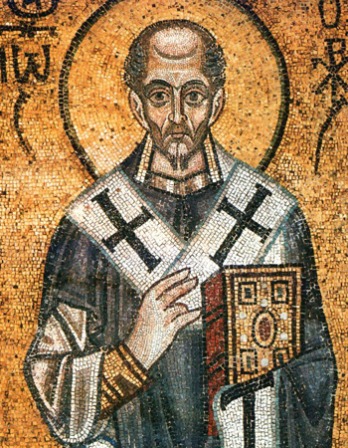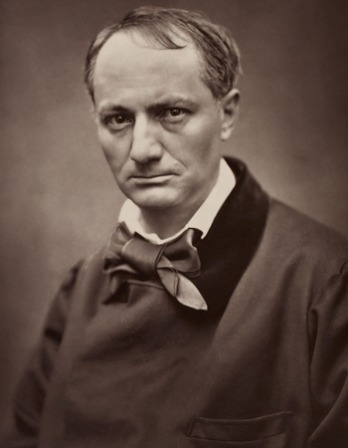Fame, like a wayward girl, will still be coy
To those who woo her with too slavish knees,
But makes surrender to some thoughtless boy,
And dotes the more upon a heart at ease;
She is a gypsy, will not speak to those
Who have not learnt to be content without her;
A jilt, whose ear was never whispered close,
Who thinks they scandal her who talk about her;
A very gypsy is she, Nilus-born,
Sister-in-law to jealous Potiphar;
Ye love-sick bards, repay her scorn for scorn,
Ye artists lovelorn, madmen that ye are!
Make your best bow to her and bid adieu,
Then, if she likes it, she will follow you.
From “Sonnets on Fame.” Called a “cockney” poet because he was the son of a livery-stable manager, Keats published three volumes of poetry during his life, containing, among others, “Endymion” and his odes on a Grecian urn and to a nightingale. In 1818 he toured the Lake District, during which the first signs of tuberculosis manifested, and by 1820 he could not write seriously. He died in Rome a year later at the age of twenty-five.
Back to Issue





